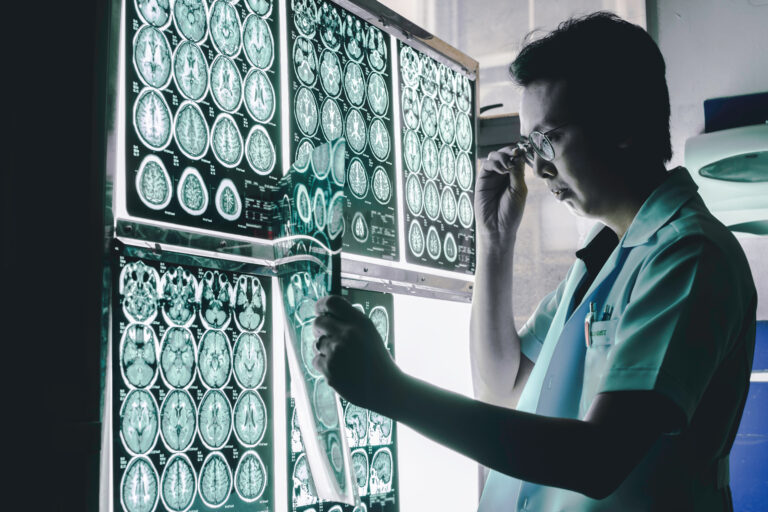Repeated CT scans in seniors raise concerns about potential risks, including whether they might increase the chance of developing dementia. CT scans use ionizing radiation to create detailed images of the body, including the brain. While a single CT scan delivers a relatively low dose of radiation, repeated exposure over time can accumulate, potentially causing cellular damage. This has led to questions about whether such radiation exposure could contribute to cognitive decline or dementia in older adults.
The brain is particularly sensitive to radiation because it contains many delicate cells and complex neural networks. Ionizing radiation can cause oxidative stress, DNA damage, and inflammation, all of which are mechanisms that might contribute to neurodegeneration. Dementia, including Alzheimer’s disease, involves progressive loss of brain cells and function, so anything that accelerates brain cell damage could theoretically increase dementia risk.
However, the relationship between repeated CT scans and dementia risk is complex and not fully established. The doses of radiation from diagnostic CT scans are generally low compared to levels known to cause direct brain injury. Most research on radiation and cognitive decline focuses on much higher doses, such as those received during radiation therapy for brain tumors, which are known to cause cognitive impairment. The lower doses from diagnostic imaging have not been conclusively linked to dementia.
Some studies suggest that repeated exposure to low-dose radiation may contribute to subtle brain changes over time, but these changes are difficult to separate from other risk factors common in seniors, such as aging itself, vascular disease, and genetic predispositions. For example, brain iron accumulation and amyloid protein buildup are known contributors to dementia risk, but these are not directly linked to CT radiation exposure.
In clinical practice, doctors weigh the benefits and risks of CT scans carefully, especially in older adults. CT scans are invaluable for diagnosing acute conditions like strokes, head injuries, or tumors, where timely imaging can save lives or prevent severe disability. When repeated imaging is necessary, clinicians try to minimize radiation exposure by using the lowest effective dose and considering alternative imaging methods like MRI, which does not use ionizing radiation.
MRI techniques, including advanced methods that measure brain iron levels, are emerging as tools to predict cognitive decline without radiation risk. These methods can detect early changes in brain tissue that may precede dementia, offering a safer option for monitoring brain health in seniors.
In summary, while repeated CT scans do expose seniors to cumulative radiation, current evidence does not definitively show that this increases dementia risk. The potential for radiation-induced brain damage exists in theory, but the doses from diagnostic CT are generally low, and many other factors influence dementia development. Medical decisions about repeated CT imaging in seniors focus on balancing immediate diagnostic benefits against long-term risks, with a growing preference for radiation-free alternatives when appropriate.





